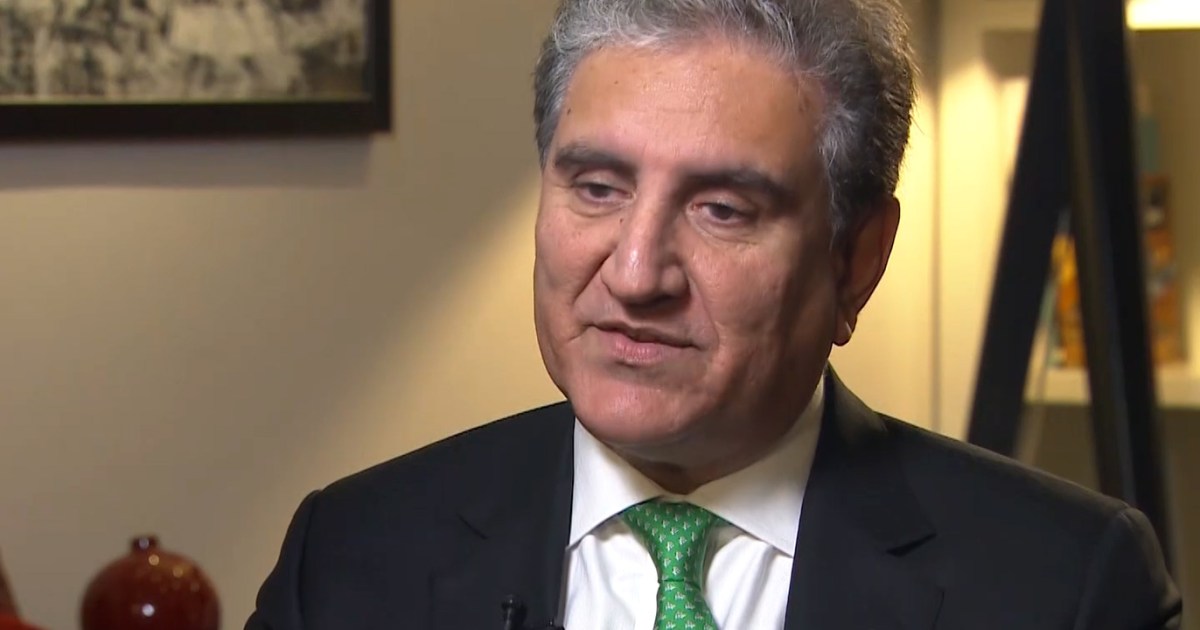Pakistan has threatened to leave the Organization of Islamic Cooperation, and revealed in unprecedented statements that its absence from the Kuala Lumpur Islamic Summit last year was under Saudi pressure.
Pakistani Foreign Minister Shah Mahmood Qureshi said that his country did not participate in the mini-Islamic summit in Kuala Lumpur last December at the request of Saudi Arabia.
In a sharp and unusual statement, the Pakistani foreign minister criticized the organization's indifference and its permanent postponement, holding a meeting of foreign ministers of member states in order to support the Kashmiris and find ways to solve the issue of the region.
"I again say with respect to the Organization of Islamic Cooperation that the meeting of the Council of Foreign Ministers is what we expect," Qureshi told Ari News. And he threatened that if the Organization of Islamic Cooperation does not hold a meeting of the foreign ministers of the OIC countries, Pakistan will not wait any longer and will hold a conference on Kashmir outside the framework of the organization.
Pakistani frustration from Riyadh
and the unusual warning tone that dominated Qureshi's statements, he explained, despite the good relations with Saudi Arabia; We cannot remain silent anymore about the suffering of Kashmiris, adding, "The Gulf countries must understand that we have our own sensitive issues."
Islamabad has been pushing for a meeting of foreign ministers of the OIC member states since New Delhi's decision last August to abolish self-rule in Jammu and Kashmir, but this request is matched with Saudi reluctance.
Riyadh's support is crucial to any move in the Organization of Islamic Cooperation, which is dominated by Saudi Arabia.
Last February, the Pakistani Prime Minister expressed his frustration over the silence of the Organization of Islamic Cooperation on Kashmir while speaking to him at a research center, during his visit to Malaysia.
The first anniversary of the Indian decision
The new Pakistani escalation against Saudi Arabia coincides with the first anniversary of the exciting Indian decision on Kashmir.
On August 5, 2019, the Indian government repealed Article 370 of the constitution, which guaranteed autonomy in Jammu and Kashmir with the only Muslim majority in the country, and then divided it into two regions administered by the federal government.
Since 1954, the Territory has enjoyed a special status under the Indian Constitution, which allowed it to enact its own laws, along with the protection of the Nationality Law, which prevented outsiders from settling and owning lands.
While India and Pakistan control parts of Kashmir, each side demands that it be fully annexed, while China controls a small part of the region.
In the context of the Kashmir conflict, Pakistan and India fought two of their three wars in 1948, 1965, and 1971, killing about 70,000 people on both sides.

